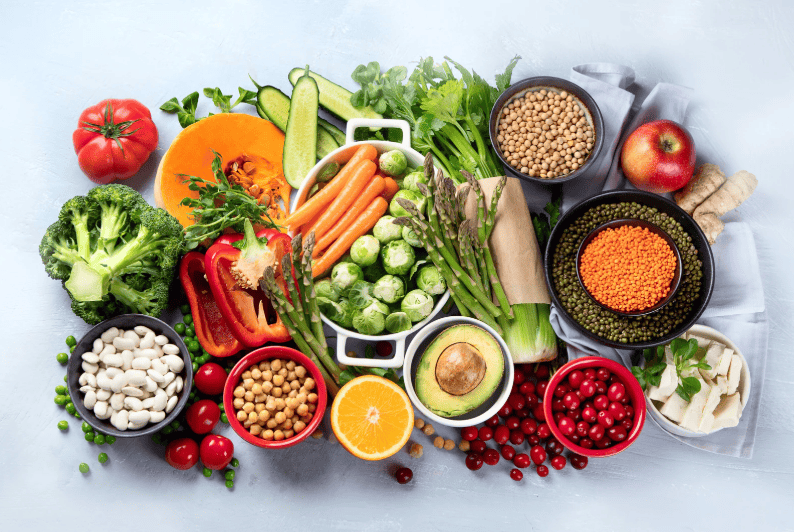- 98143 70700
- info@thehermitage.rehab
- 22, Circular road, Opp. VR Ambarsar, Amritsar

We all know how crucial our diet is and how deeply it affects us and our well-being. When we tell you that diet can play an effective role in your recovery, it may seem a little far-fetched but nonetheless, it is true.
While a person is in active addiction, their life revolves around the substance they are consuming or the alcohol they are daily drinking and once that is out of the picture, the reality sets in.
Addiction not only affects us but minuscule parts of our lives as well which all of us think far too inconsequential to worry about, diet being one of them.
Due to some drugs, one’s appetite may shoot up but due to some, it may severely fall as well. There is no guarantee of what might happen once that substance enters your body.
Through various studies it has been seen that;
Most evidence-based treatment programs understand the importance of complete nutritional meals in the recovery of the patient. As nutritional food not only makes one feel better but also aids in healing the patient completely, its importance can never be ignored.
Because the patient’s body has been fighting with unknown substances for far too long, focusing on keeping the patient fit throughout the ordeal of addiction, once the patient gradually comes back to a normal state, the body is fighting for its survival unable to understand how to process the normal functioning which it was used to once.
Slowly and gradually introducing deathly meals into the diet of patients can help a long way. Many times it has been seen that patients reporting cravings are usually hungry and are unable to differentiate between the two.
Having a fixed routine where meals are served at an appropriate time, makes the body of the patient shift from survival mode to healing and peace. Once the dietary plans are executed, routines are fixed and the patient is well into the recovery program, sobriety and recovery become a natural part of life where a moment of realisation fits in.
The ordinary life all the patients with addiction fight with is the very thing that ends up saving them after all.
WhatsApp us